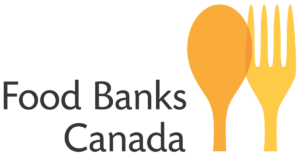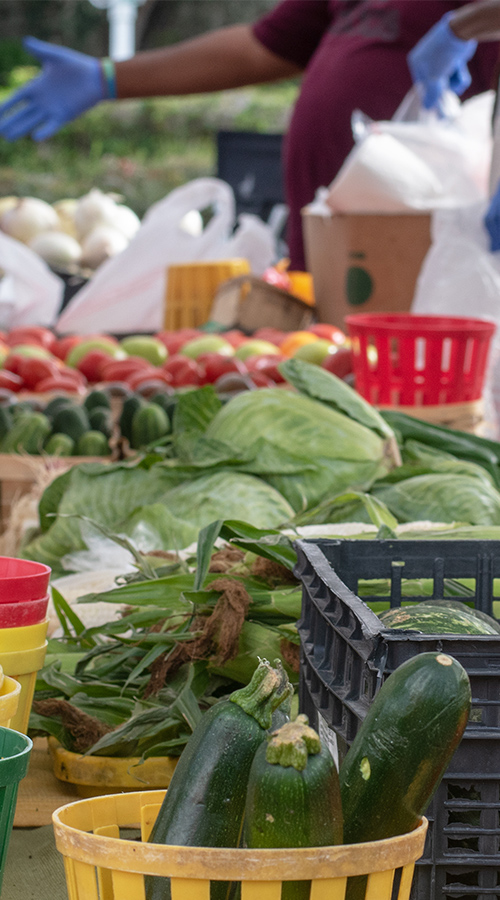Food insecurity isn’t just about hunger – it’s about access, dignity, and the complex logistics of getting nutritious food from point A to point B. At Feed Halton, we’ve cracked the code on this challenge through strategic bulk procurement and centralized distribution.
Our approach is built on a simple but powerful principle: purchasing power creates possibilities. When individual food banks operate independently, they’re limited by their own budgets and storage capacity. But when we pool resources and coordinate purchases across the entire Halton Region, we can secure significantly larger quantities of food at better prices.
The numbers tell the story. Our industrial refrigeration and freezer capacity allows us to accept donations and purchases that smaller agencies simply cannot accommodate. A transport truck carrying 40 pallets of fresh produce doesn’t need to make 15 different stops across the region – it comes to our Burlington facility once, where our operations team efficiently processes, sorts, and redistributes according to each agency’s specific requests.
This centralized approach also opens doors to partnerships that wouldn’t otherwise exist. Food manufacturers and distributors prefer working with single points of contact who can handle large volumes. Our relationship with Food for Life, which leverages their existing transportation network throughout Halton, demonstrates how strategic partnerships multiply our impact.
But perhaps most importantly, this system preserves dignity. When agencies receive regular, predictable deliveries of diverse food options, they can create welcoming environments that feel more like community grocery stores than emergency relief centers. Clients have choices, and choice is fundamental to maintaining dignity during difficult times.
The technology and processes we’ve implemented – from inventory management systems to delivery scheduling – might seem invisible to the families we ultimately serve. But these behind-the-scenes innovations are what make it possible for a parent in Acton to find fresh vegetables for their children, or for a senior in Oakville to access culturally appropriate foods.
We’re not just moving food more efficiently; we’re reimagining what food security can look like when communities work together strategically.





